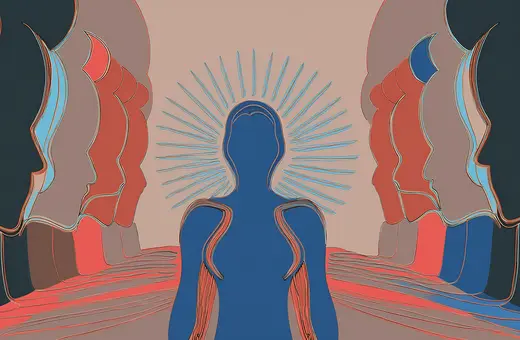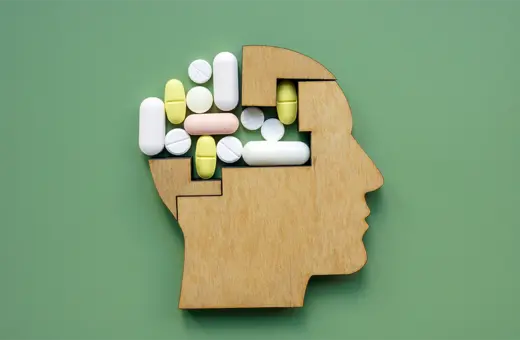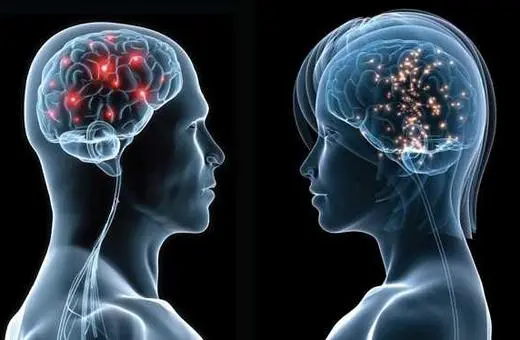Not only is it time to abandon psychiatric diagnosis, but it is time to move beyond the medicalised perspective of ‘mental health’. A new framework for understanding how we all cope with distress - the power threat meaning framework - can lead the way to a more honest and effective paradigm, writes clinical psychologist Lucy Johnstone.
The idea that people experiencing various forms of emotional distress are suffering from medical illnesses has taken a very deep hold in Western societies, such that to question it is often interpreted as denying the reality of their experiences. As someone who has worked in mental health services for over three decades, this is the last thing I want to do. However, I also know that the traditional diagnosis-and-drugs approach rarely brings the hoped-for solutions. In fact, research increasingly shows that it is more likely to lead to a lifelong dependence on psychiatric services.1
When the world’s most senior psychiatrists are admitting that the diagnostic manuals are ‘an absolute scientific nightmare’ 2, there is a crisis in our mental health system and an urgent need for transformation. As I described in a previous IAI News article, some alternatives already exist – such as psychological formulation, which is a personal story that helps makes sense of distress in the light of a person’s relationships and life events. In this article, I describe a much more ambitious project. The Power Threat Meaning Framework3, funded by the Division of Clinical Psychology of the British Psychological Society, is an attempt to re-conceptualise our models of distress from scratch. While it is not official BPS policy, it is attracting interest nationally and internationally. This, I believe, shows that there is widespread recognition of the need for fundamental change.
Principles of the Power Threat Meaning Framework
The Power Threat Meaning Framework (PTMF) was co-authored by psychologists and former users of mental health services. Our aim was to offer a new, non-medical perspective on why people sometimes struggle with a whole range of overwhelming emotions and experiences such as confusion, fear, despair, hopelessness, mood swings, hearing voices, self-harming, panic, eating difficulties, and so on. The PTMF argues that distress of all kinds, even the most severe, is understandable in the context of our relationships and social circumstances, and the wider structures, norms and expectations of the society and culture we live in.
The Power Threat Meaning Framework applies not just to people who have been in contact with mental health services – in fact, it does not recognise a separate group of people who are ‘mentally ill’ - it applies to all of us. This major departure from our current ways of thinking means that even our language has to change. Not only does the PTMF reject diagnostic categories, it also avoids terms like ‘symptom’, ‘illness’, ‘disorder’ since they all imply a medical viewpoint. Instead, it refers to ‘mental distress’ and ‘emotional suffering’.
___
"The often-hidden role of ideological power means that even those of us who do not have an obvious history of trauma can still struggle to achieve a sense of self-worth."
___



















Join the conversation